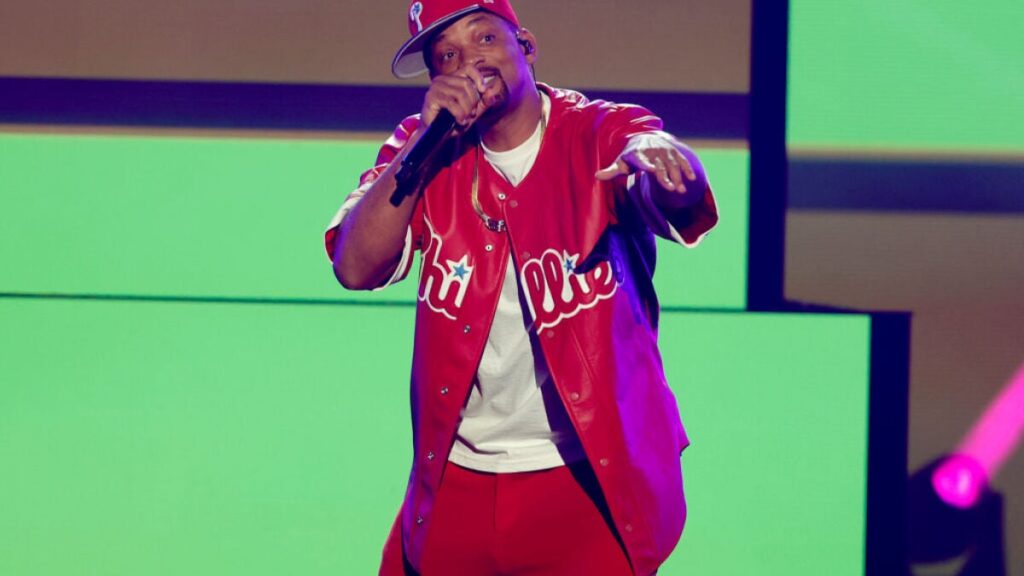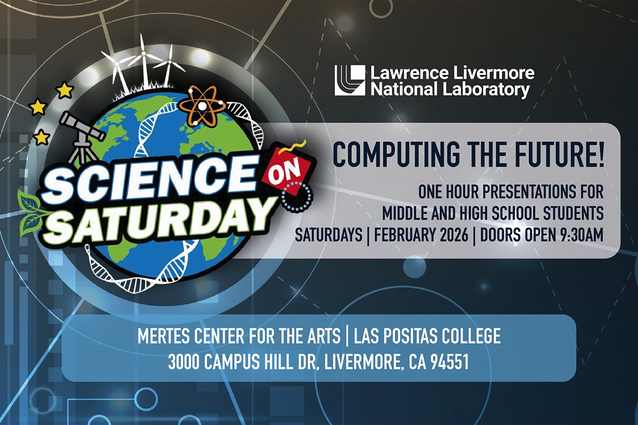
In a surprising twist, Will Smith’s latest tour video has ignited a debate over the use of artificial intelligence (AI) in digital media. The video, posted on Smith’s official YouTube channel, features what appears to be live footage of the actor and musician performing his new song “You Can Make It.” However, eagle-eyed viewers have pointed out several anomalies, suggesting that the crowd scenes may be AI-generated.
The video showcases fans with distorted faces and hands, leading many to believe that generative AI was used to create the appearance of a larger, more enthusiastic audience. One commenter noted, “Ok, this guy definitely has a humiliation fetish. No other explanation for releasing a crowd of AI abominations holding up misspelled signs about how he saved their lives.” This sentiment was echoed by others who criticized the apparent use of AI-generated imagery.
AI in Entertainment: A Growing Trend
The controversy surrounding Smith’s video is part of a broader trend in the entertainment industry, where AI technology is increasingly being used to enhance or even create content. The advancement of AI video generators such as Google’s Veo 3, alongside startups like Kling, Pika, and Luma, has made it increasingly difficult to distinguish between real and AI-generated footage.
This development follows a series of high-profile instances where AI has been used in creative media. For example, at a recent concert, rock legend Rod Stewart incorporated an AI-generated video of the late Ozzy Osbourne and other deceased artists, which some fans found distasteful. Similarly, journalist Jim Acosta faced backlash for “interviewing” an AI version of a teenager killed in the Parkland Shooting, raising ethical questions about the use of such technology.
The Implications of AI-Generated Content
The use of AI in Smith’s video, whether intentional or not, highlights the challenges and ethical dilemmas posed by AI-generated content. Such technology can create hyper-realistic images and videos that blur the line between reality and fiction, leading to skepticism and mistrust among audiences.
According to experts, the proliferation of AI-generated content, often referred to as “AI slop,” has contributed to a growing sense of unease about the authenticity of online media. “The ability of AI to generate convincing but fake content is a double-edged sword,” says Dr. Emily Chen, a digital media expert. “While it offers creative possibilities, it also raises questions about authenticity and the potential for misuse.”
Viewer Reactions and Future Expectations
As Smith’s tour continues in the UK and moves on to Paris, fans and critics alike are left wondering whether more AI-generated content will surface. The video has sparked a broader conversation about the role of AI in entertainment and the potential consequences of its widespread adoption.
Meanwhile, Smith’s team has yet to comment on the allegations, and it remains unclear whether the footage in question is indeed AI-generated. Regardless, the incident underscores the need for transparency and ethical considerations in the use of AI technology in creative industries.
As the debate continues, audiences are becoming more vigilant, scrutinizing digital content for signs of AI manipulation. The incident serves as a reminder of the powerful impact of AI on media and the importance of maintaining trust between creators and their audiences.






